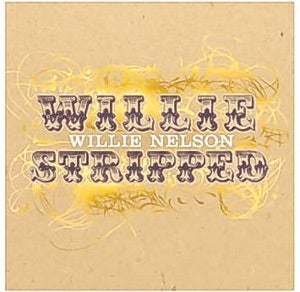Your support helps us to tell the story
From reproductive rights to climate change to Big Tech, The Independent is on the ground when the story is developing. Whether it's investigating the financials of Elon Musk's pro-Trump PAC or producing our latest documentary, 'The A Word', which shines a light on the American women fighting for reproductive rights, we know how important it is to parse out the facts from the messaging.
At such a critical moment in US history, we need reporters on the ground. Your donation allows us to keep sending journalists to speak to both sides of the story.
The Independent is trusted by Americans across the entire political spectrum. And unlike many other quality news outlets, we choose not to lock Americans out of our reporting and analysis with paywalls. We believe quality journalism should be available to everyone, paid for by those who can afford it.
Your support makes all the difference.While his growing success as a songwriter – thanks to hits like Patsy Cline's "Crazy" – was enough to win Willie Nelson a recording contract of his own in 1964, it wasn't enough to secure him control over the way his songs were treated.
In those days, the saccharine "Nashville sound" dominated country music, so producers routinely ladled soupy strings and corny choirs over everything, regardless of the material or the performer. In Willie's case, their jarring incongruity effectively crippled his career: it wouldn't be until he left RCA over a decade later that he would score a hit album, significantly with the stripped-down Red Headed Stranger. Over four decades later, his harmonica player Mickey Raphael has "un-produced" some of these original RCA tracks to leave just the small combo backings – a restoration process which works to the benefit of songs such as "The Party's Over" through leaving Willie's voice more nakedly vulnerable. In some cases, the removal of all the high-register elements tends to overbalance the mix, while in others it leaves his quiet baritone stranded – an effect which actually works to the benefit of "The Ghost" and the anti-war tract "Jimmy's Road", where the stark beauty of the reduced palette matches the sombre subjects perfectly.
Download this: "The Party's Over", "I Just Dropped By", "The Ghost", "Jimmy's Road"

Join our commenting forum
Join thought-provoking conversations, follow other Independent readers and see their replies
Comments